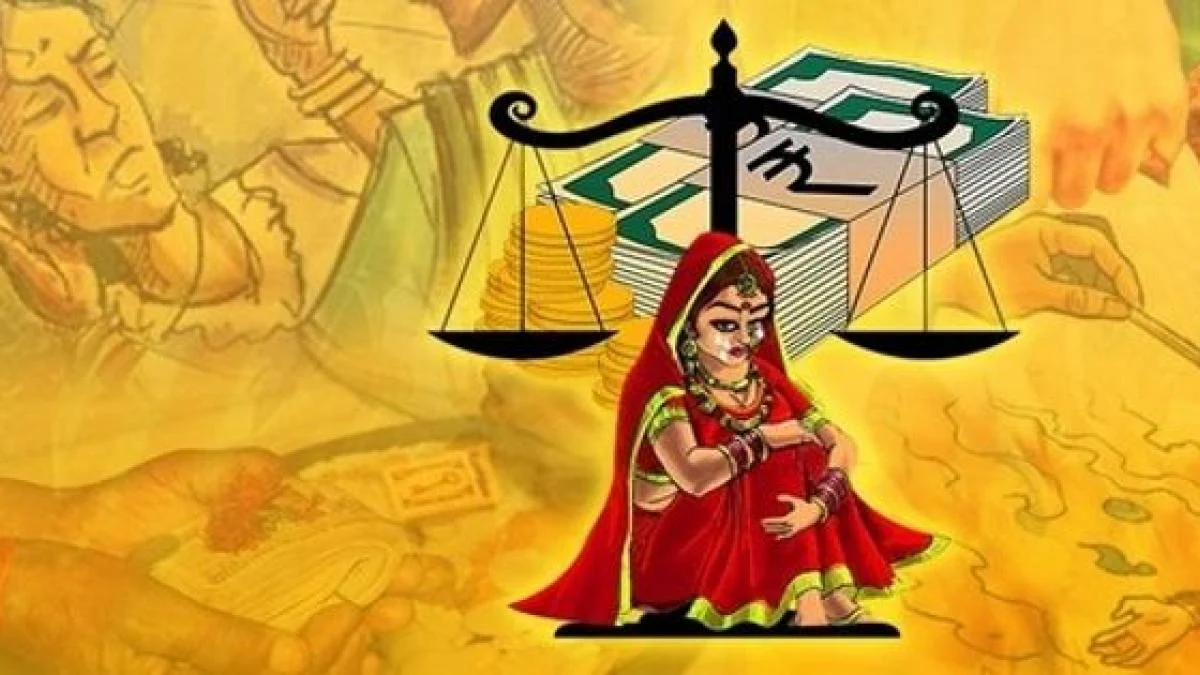Dowry, a social evil deeply rooted in Indian society, continues to claim innocent lives even in modern times. Despite strict laws such as the Dowry Prohibition Act of 1961 and various amendments in the Indian Penal Code (IPC), the practice persists in many parts of the country. Dowry-related harassment, domestic violence, and deaths highlight the dark side of greed and gender inequality. In this article, we will discuss some of the worst cases of dowry in India that shocked the nation and emphasized the urgent need for social reforms.
The Tragic Case of Nisha Sharma (2003)
One of the most high-profile dowry cases in India was that of Nisha Sharma from Noida. On her wedding day, Nisha exposed her groom and his family for demanding an expensive car and other luxury items as dowry. The case gained nationwide attention as she bravely walked away from the marriage and filed a police complaint. While her courage was appreciated, the incident shed light on the pressure brides and their families face in the name of dowry, even among educated families.
The Infamous Kerala Dowry Death of Vismaya (2021)

In 2021, the death of 24-year-old Vismaya V Nair in Kerala sent shockwaves across India. A young medical student, she was found dead in her husband’s house after enduring continuous harassment over dowry demands, including a car and gold. The heartbreaking details of her suffering were revealed through WhatsApp messages she had sent to her family. Her death sparked massive protests and reignited the debate on the urgent need to end dowry-related violence.
The Death of Anissia Batra (2018)
In Delhi, air hostess Anissia Batra’s death in 2018 highlighted another brutal face of dowry harassment. Married to a software engineer, she faced continuous abuse over money and dowry. She allegedly ended her life by jumping from her terrace after being mentally tortured by her husband and in-laws. The case once again brought focus to the psychological trauma victims of dowry harassment endure before tragedies occur.
The Case of Priyanka Tiwari (2010)
In Kanpur, Priyanka Tiwari, a young woman, died under suspicious circumstances after facing continuous pressure for dowry. Reports suggested she was harassed and tortured for money, which eventually led to her death. Her case reflected the reality that dowry is not just a rural problem but exists across urban and semi-urban India as well.
The Brutality Faced by Payal Tadvi (2019)
Though not a traditional dowry case, the tragic suicide of Dr. Payal Tadvi in Maharashtra was partially linked to caste discrimination and harassment, which included financial pressures resembling dowry-like demands. Her story revealed how multiple forms of oppression combine to victimize women, especially those from marginalized backgrounds.
Lessons From These Dowry Cases
These worst dowry cases in India reveal some important lessons:
- Dowry is not limited to uneducated families; it exists across social, economic, and professional classes.
- Psychological abuse can be as destructive as physical violence.
- Strict laws alone are not enough; society must change its mindset towards marriage and women.
- Awareness and empowerment of women are critical in fighting this social evil.
The Role of Society and Law
While laws like Section 498A of IPC (Cruelty by Husband or Relatives) and the Dowry Prohibition Act exist, their enforcement often faces challenges. Many families hesitate to report dowry harassment due to fear of social stigma or prolonged legal battles. Civil society, NGOs, and government agencies must work together to create awareness, provide legal and emotional support to victims, and ensure swift justice.
Dowry-related deaths and harassment cases are a stain on India’s progress. The tragic stories of women like Nisha Sharma, Vismaya, and Anissia Batra remind us that greed and gender inequality still prevail in many households. To end this menace, society needs to go beyond laws—families must change their outlook, empower their daughters, and reject marriages where dowry is demanded. Only then can India truly move towards a future where women live with dignity, respect, and equality.
Protection of Children from Sexual Offences
Dowry Prohibition Act 1961 In India
Read Also: Law Websites
![]()





